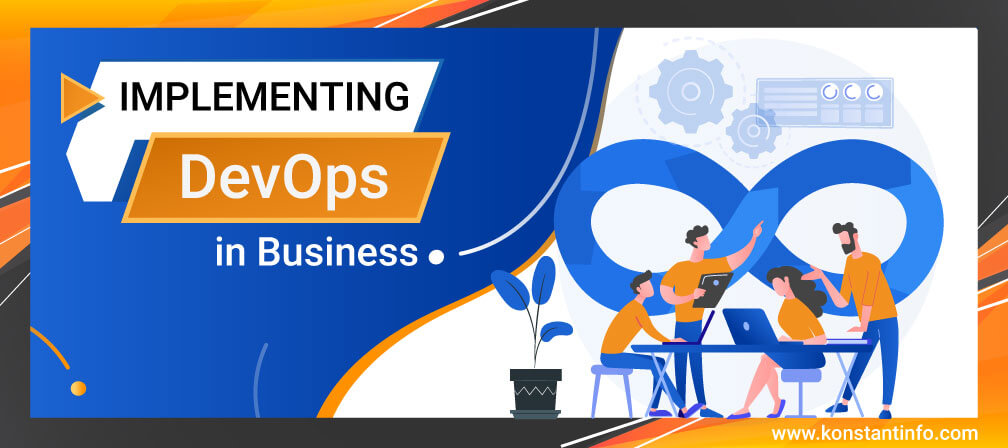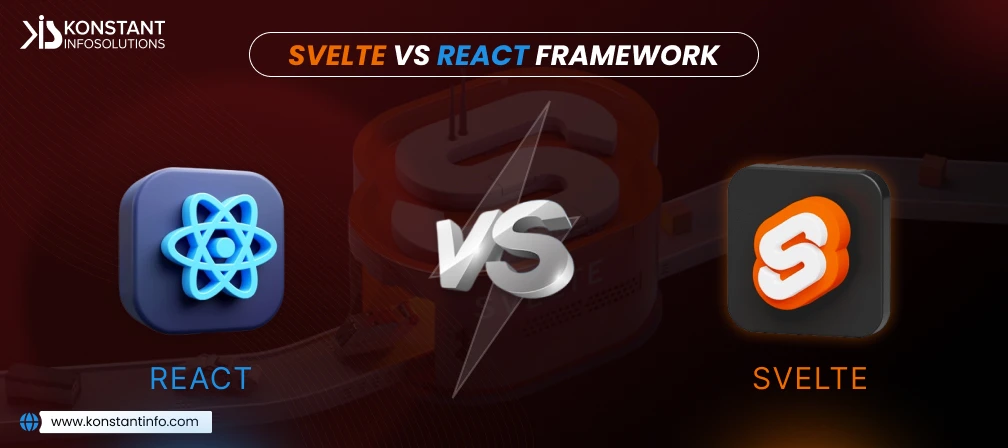
Business operations prepare an organization for production – by managing, mitigating, elevating awareness of the risk of all customer interactions with the organization’s technology platforms.
DevOps works with automation and digital transformation across the business life cycle, ensuring a consistent approach. It drives customer experience and bridges the gap between customers, technology and business partners.
DevOps combines operations, development, testing and personnel as cross-functional teams, each responsible for the lifecycle of a software product or service. It relies on collaboration amongst functions of the organization; it also assists the stable operational environment in delivering faster with minimal bugs. It stimulates version control and optimizes costs.
DevOps – (1) improves the quality of software, (2) leverages a culture of co-operation and (3) collaboration among all functions of an organization. It lets businesses overcome the potential shortcomings associated with traditional software development and IT operations.
If you do not have any of the below points in order, you require resurrecting your DevOps strategy:
Step 1: Create various test scenarios and integrate all application components that require being a part of the test.
Step 2: Determine which tests you need to run when the code changes.
Step 3: DevOps is about what you know about your business process. Check how it is structured and how your team works together.
DevOps is helpful in (1) integration, (2) configuration management, (3) implementing security solutions, (4) integrating security into continuous delivery workflows, (5) leveraging infrastructure as code techniques, (6) eliminating manual security practices, (7) reducing risk assessments and audits by automating all the verification, (8) creating build configurations to address automation, continuous deployment, (9) containers and monitoring, (10) creating automatic compliance, (11) building feedback loop by automating all security checks throughout the continuous delivery pipeline.
DevOps also helps in (1) quality audit, (2) human resource management plan, (3) estimating worksheet duration, (4) counting on stakeholder analysis matrix, (5) WBS dictionary, (6) team performance assessment, (7) closing process group, (8) procurement audit – is the efficiency of the procurement process regularly evaluated, (9) source selection criteria – with rapid changes in technology will media be readable in coming years, (10) executing process group – creating or re-enforcing operating capacities in the partners or stakeholders.
DevOps improves the performance of projects but isn’t about the fastest release process. It balances velocity and utility. DevOps integrates with automation to speed up release cycles and get the latest code changes and updates. Developers stay ahead with a DevOps mindset, focussing on the application instead of the process. It fosters a more aggressive schedule of change.
Konstant follows a stringent release cycle that is duly intimidated to our clients. It is never random or based on when updates are ready. It is always predefined. We are accountable for any software changes and their impact on our clients. Also, if the updates are urgent and quick, we balance them out with due announcements. We are laser focussed on our codes and applications, which are customer-centric. If you find this excerpt insightful and looking for a DevOps organization for your business, reach out to us for details!



Neeti Kotia is a technology journalist who seeks to analyze the advancements and developments in technology that affect our everyday lives. Her articles primarily focus upon the business, social, cultural, and entertainment side of the technology sector.
Or send us an email at: [email protected]